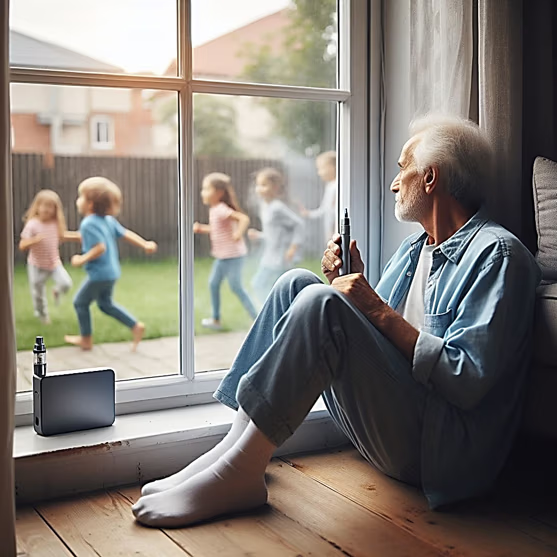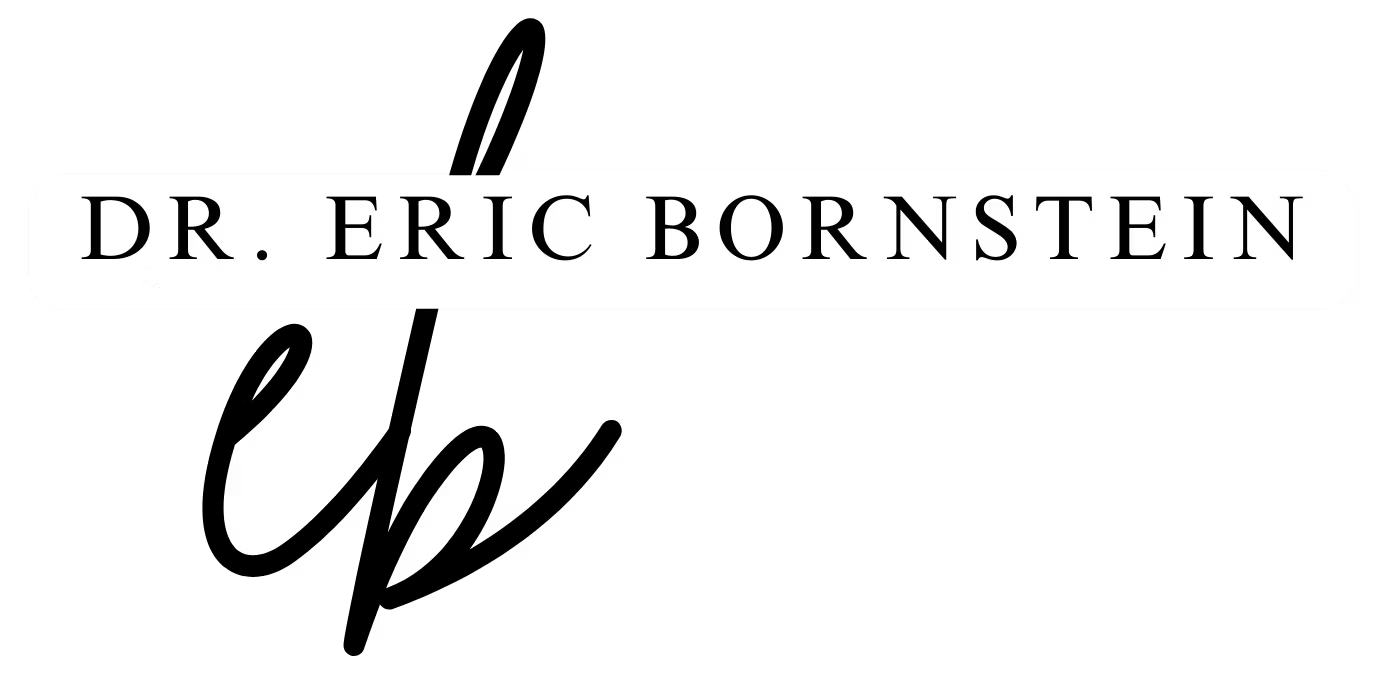Course 4 - Cannabis Use For Geriatric Patients
Practical Concerns, Potential Complications
THC and CBD are the two most popular cannabinoids in the United States. The geriatric population frequently uses these drugs to treat pain, anxiety, sleep disorders, and many other conditions affecting older adults. Evidence is insufficient to recommend the use of THC and CBD for these disease states in the elderly, and the use of these cannabinoids may cause a myriad of poly-pharmacy and co-morbidity problems with this population.
In addition, this new 4-hour webinar will cover:
- When an older adult purchases any widely available THC and CBD product, there are significant concerns regarding their safety.
- These concerns include mislabeling, standardization issues, and drug interactions.
- An informed medical professional will be a valuable resource for discussing the use and safety of THC and CBD with older adults.

This new INR webinar will evaluate evolving medical, pharmacy, and policy issues that affect all health care professionals due to the use of Marijuana and Hemp (CBD) in elderly patients across the country. Dr. Bornstein will suggest operational and clinical recommendations in concordance with a critical examination of the effects of different doses of THC and CBD in the geriatric population. In addition, he will review when THC and CBD are used to treat symptomology as diverse as pain, MS, anorexia, insomnia, and depression.
For medical professionals, this information presents a focus on treatment decision-making and adverse drug interaction algorithms concerning both THC and CBD, and identifies “red flags” and warning signs of high potency marijuana use in geriatric patients, as well as the guidelines for patient education and discussion.

This course offers 4 – CE credit hours for the following professions:
NURSES, DENTAL PROFESSIONALS, PHARMACISTS, REGISTERED DIETITIANS & DTRs, PSYCHOLOGISTS, MENTAL HEALTH COUNSELORS & ADDICTION COUNSELORS, MARRIAGE & FAMILY THERAPISTS, SOCIAL WORKERS, OCCUPATIONAL THERAPISTS & OTAs, PHYSICAL THERAPISTS & PTAs, CASE MANAGERS, NURSING HOME ADMINISTRATORS (Distance Learning), MASSAGE THERAPISTS.
